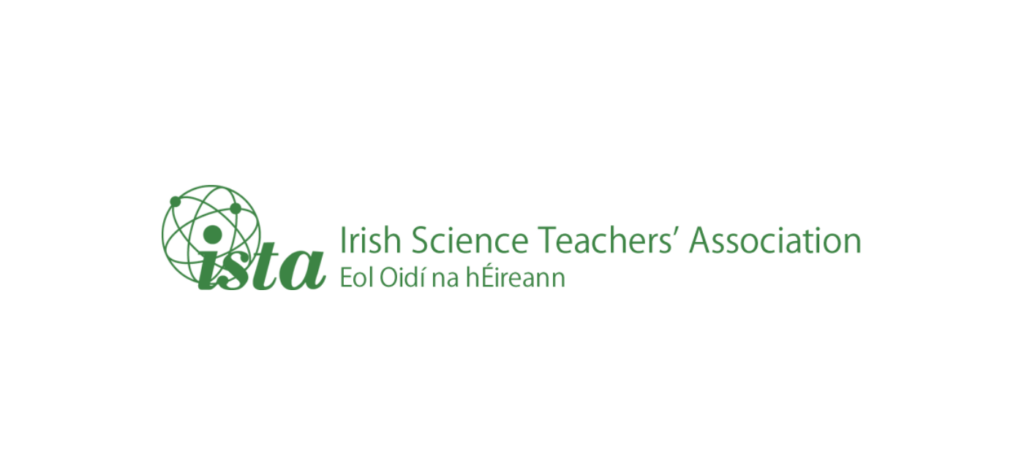Education in Chemistry

Education in Chemistry will be delivered to all Irish Schools from September 11th.
EiC is the flagship chemistry education magazine from RSC. It actively promotes innovative teaching and sharing best practice.

Education in Chemistry will be delivered to all Irish Schools from September 11th.
EiC is the flagship chemistry education magazine from RSC. It actively promotes innovative teaching and sharing best practice.
In this issue:
• News – Variety in Chemistry Education conference, National Teaching fellowships and the OU’s new online laboratory.
• Regulars – include the hidden devil of phosphorus, demonstrating the polarity of solvents using a microwave oven and the problem of doping in athletics.
• Features – empowering students to learn in flipped lectures, the science of sorting waste materials, a breakthrough in atmospheric science and discovering the deadly chemistry hidden in mushrooms.
• Opinion – Robert Parker on celebrating the past and supporting the future of chemistry education.
You will also receive a copy of The Mole – the magazine for students and those inspired to dig deeper into chemistry. Students can read the online version at www.rsc.org/TheMole – this investigates the sumptuous chemistry of chocolate, joining in with the Global Experiment, exploring the chemistry of alien atmospheres and finding out what it takes to be a chemical engineer.
Thousands of students all over the world are expected to take part in the Royal Society of Chemistry (RSC) 2015 global experiment. This year the theme is “Water: a global experiment with hydrogels.”
Students taking part are invited to explore the effects that hydrogels (a man-made product) have on the water cycle before sharing their results with other classes across the globe. Not only are all the activities engaging, they also support learning and curriculum. So why not get involved?
There are three distinct experiments, all of which have been designed so they can be carried out without specialist equipment and on a small budget:
• Experiment 1: How much water can a hydrogel hold?
• Experiment 2: How quickly can hydrogels absorb water? Does this ever change?
• Experiment 3: An open investigation into how water can be retrieved from a hydrogel
These experiments support students in exploring the question: are we wasting water by using hydrogels?
All the data collected from the above experiments should be uploaded onto the global experiment website. Once uploaded, all the collated data will be examined and analysed. This creates an opportunity to discuss the importance of repeating experiments. Students can also receive a certificate of achievement for taking part.
Be part of something huge: check out their website for full details on how to join this global experiment.
A student who designed a unique assisted shaving device wins SciFest 2017. EnableArm is an assisted shaving device for people with limited hand dexterity. Aaron…
Contributor Guidelines for our Journal ‘SCIENCE’. We welcome well-illustrated articles about science and science teaching in Ireland and beyond. The article can be directly relevant…
You need to have an active subscription and should be currently logged in to the site to access this content. If you already have an account, please…
The following are links to experiments that you can send to your students. Each will download the zipped files needed to run the simulation. Each will…
